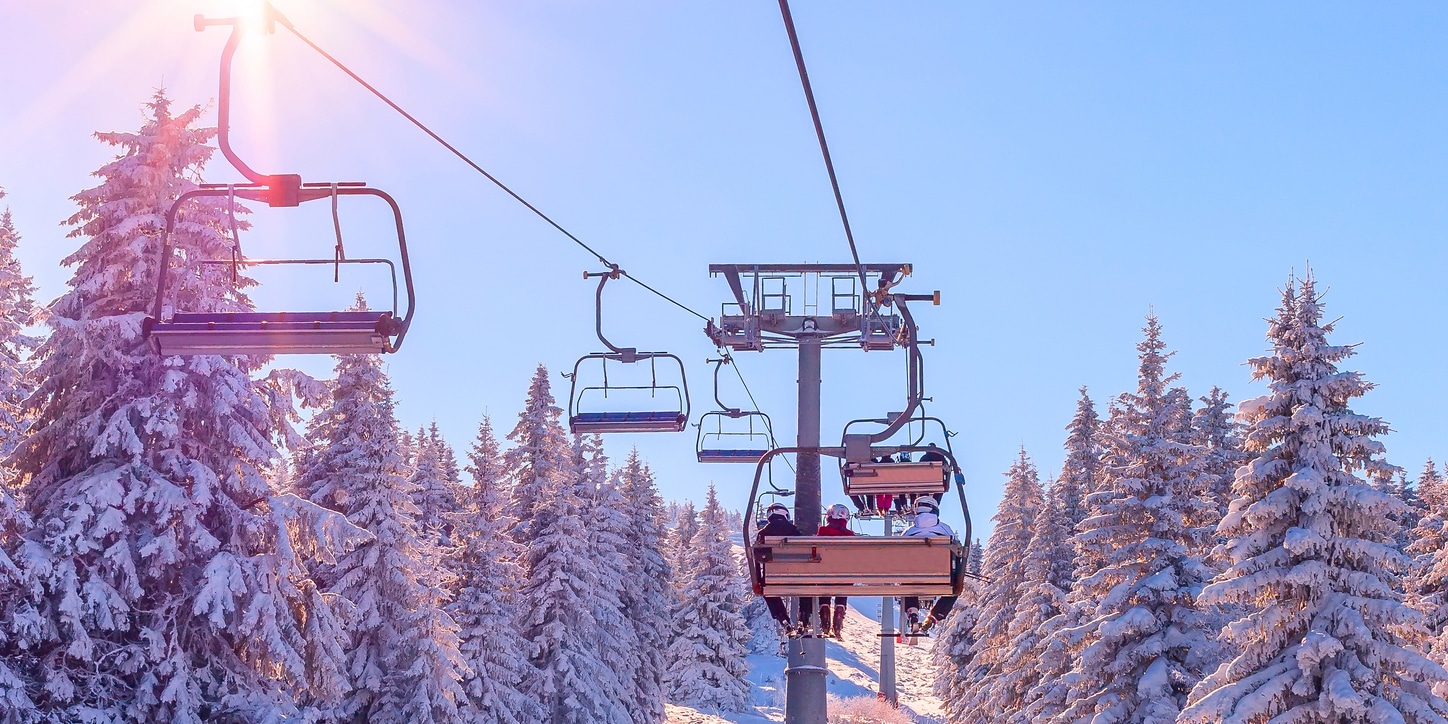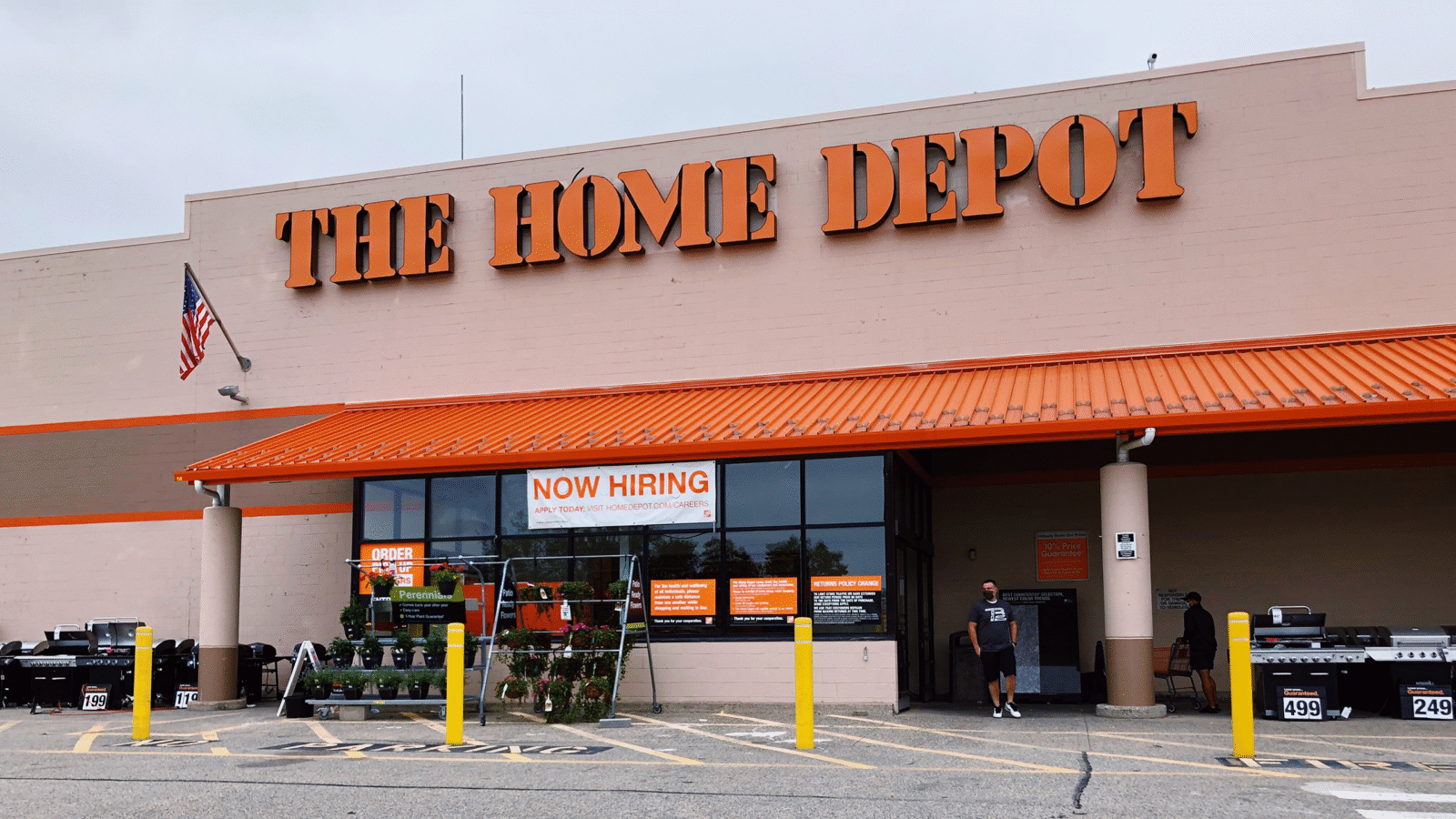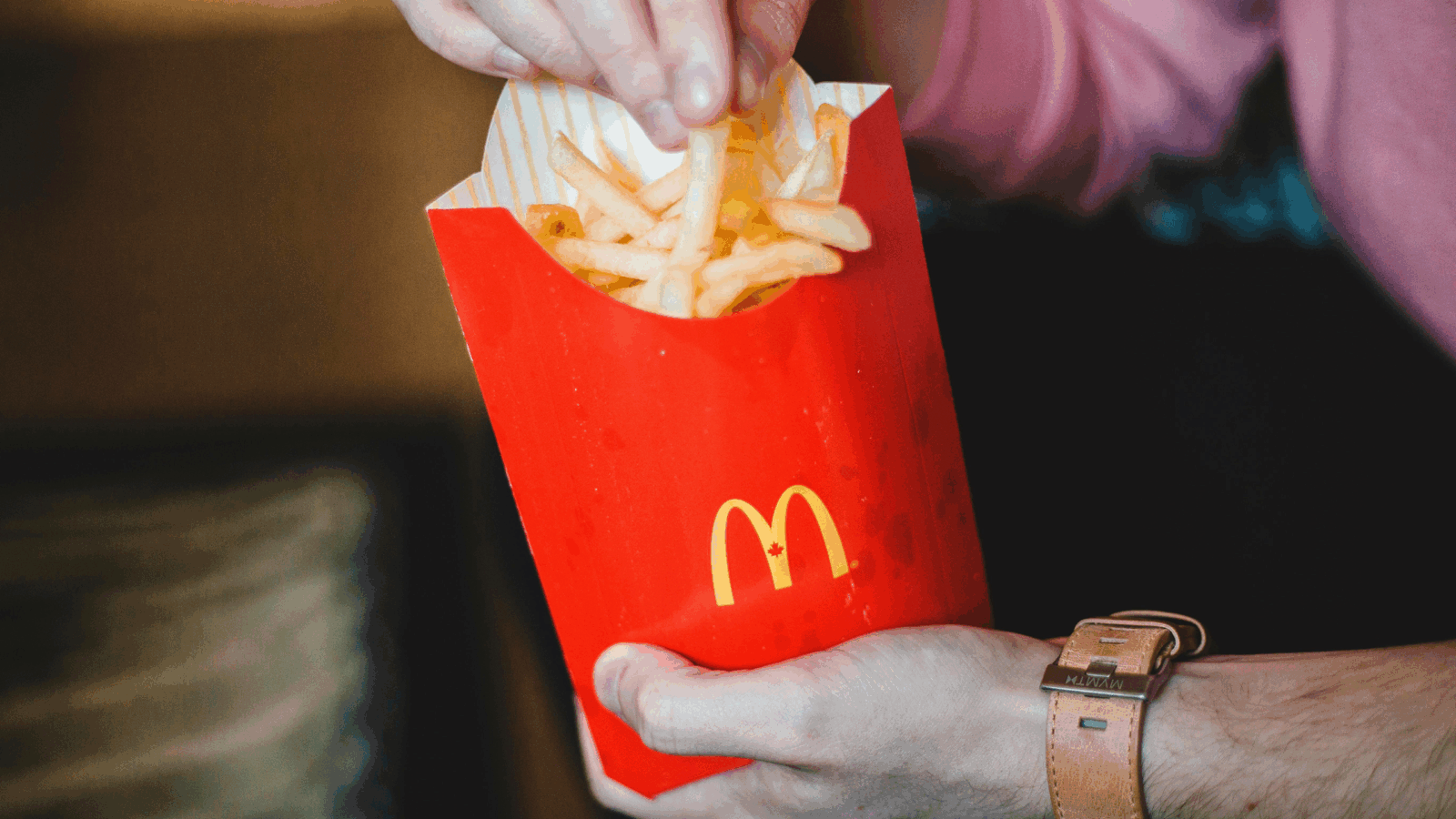
Sign up for smart news, insights, and analysis on the biggest financial stories of the day.
The annual call to “hit the slopes” usually means speed and exercise amid the thrilling beauty of nature. This year, it’s more like heading to the DMV.
New data shows ski resorts this winter have been slowed — even halted — by major staffing shortages, and for holidaymakers and leisure enthusiasts alike that’s meant more standing in line than time on the alpine. The culprit might surprise you.
Get In Line
Staffing shortages aren’t new to the ski industry. The National Ski Areas Association said 60% of resorts weren’t fully staffed in winter 2020-21 and, this year, resorts have again been operating with skeleton crews. Vermont’s Killington’s resort, for example, said staffing levels are down 20% to 30% and that it’s been operating limited service. Local rival Magic Mountain couldn’t even open one day this month when it didn’t have enough safety personnel. Colorado’s Vail Resorts, which runs 37 ski areas, was hit with a petition signed by 44,000 complaining of lines longer than a Tolstoy novel at its Stevens Pass resort in Washington State.
The fast-spreading Omicron variant of the coronavirus seems like an obvious culprit — Vail told the New York Times that the variant has put as many as 10% of its employees out of commission at once. But it’s not actually the main driver of staff shortages, according to industry insiders. Real estate is:
- Ski resort workers have struggled to afford the increasingly pricey and scarce housing stock in dream mountain environments dominated by rich owners, even as many resorts have lifted their minimum wage to $15 an hour.
- In 2021, home buyers spent the most ever on property in Colorado resort towns when $11.2 billion changed hands in the state’s eight Western slope counties.
“Everything dried up,” Aspen Skiing Company executive Jim Laing told the Times, adding buyers have converted long-term rentals into short-term rentals to make more money, shutting out resort staff. “Overnight, we went from challenge to crisis mode.”
Taking a Pass: Some have suggested Vail’s resorts are struggling because the company sold 700,000 more of its Epic Pass, which gives access to multiple resorts, than it did last year by marking it at a 20% discount. But pass holders haven’t been making use of the bargain: skier visits are actually down 1.7% this season compared to 2020-21, and down 18.3% from 2019-2020.











